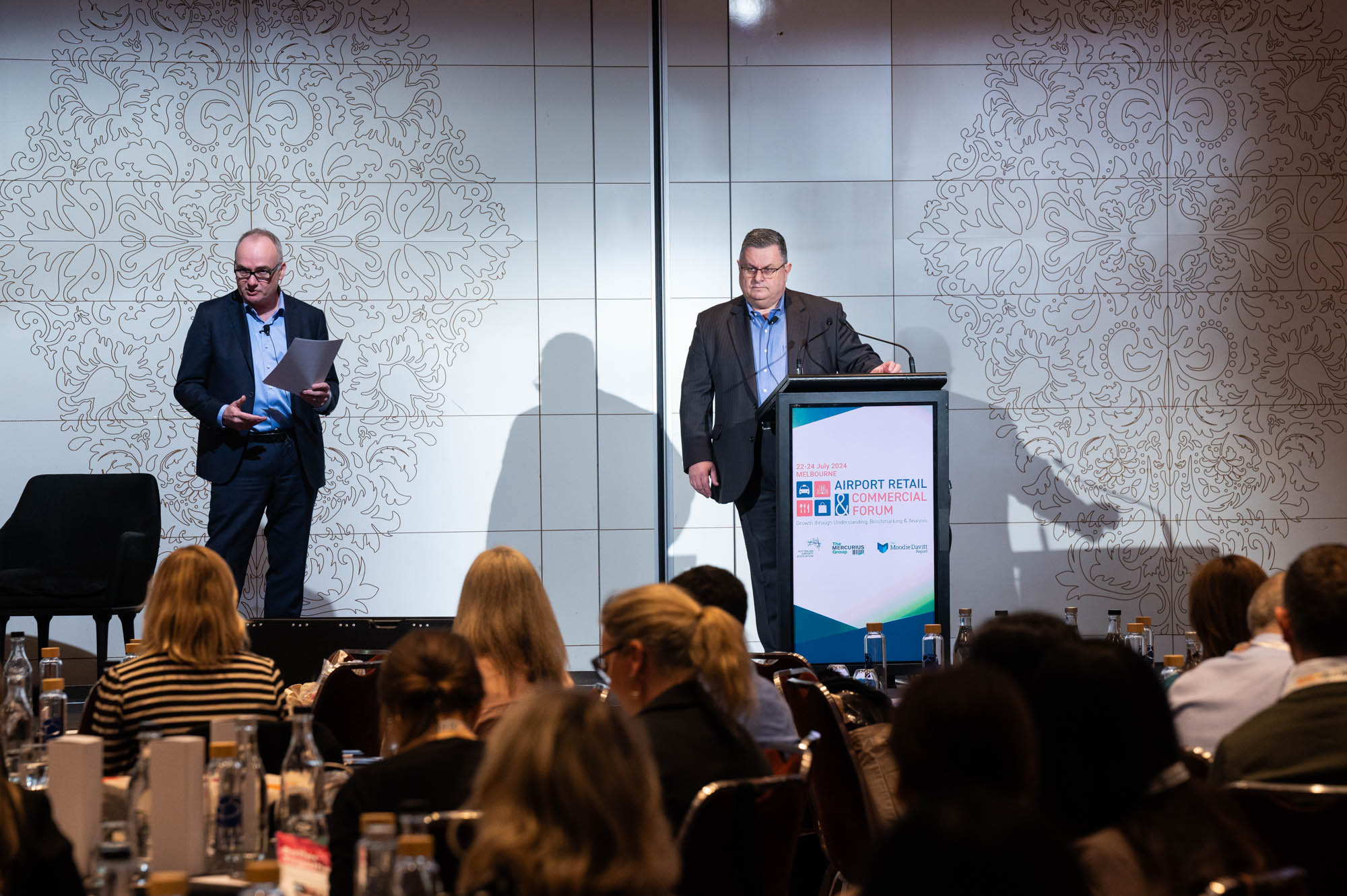US. Although final figures have not been released overall retail sales dropped by an estimated -15% last year at Pittsburgh International Airport’s Airmall.
“It is not great,” Mark Knight, regional director for BAA USA told local reporters. “But, I tell you, it could be a lot worse.” In the 11 months to November 2003, the airport’s passenger traffic was down -21.3% with uncertainty hanging over some key flight services.
BAA USA and its retailers are watching closely to see what happens next with Pittsburgh’s biggest carrier, the embattled US Airways which emerged from bankruptcy last year and is still in financial recovery. “I think the real question for us is what happens in the future,” said Knight.
BAA said it saw a surge of business at the location in December and expects overall sales to be down about -5% for the last month of 2003 compared to the previous December. While landside visitors and non-ticketed customers never accounted for more than a small share of total sales, that business is looking more important.
In the past, annual sales for the 100,000sq ft (929sq m) Airmall averaged US $1,000 per sq ft.
Minnesota-based concessionaire CBR, which has four stores at the Airmall including Spirit of the Red Horse and Radio Road, said sales were soft during the first half of the year but got back on track. The stores actually exceeded previous year results during the last few months, said Carol Nelson, CBR director of operations.
Meanwhile, new store development at the Airmall has continued. The Greenbrier Resort is building its first airport store in a central location selling merchandise and holiday packages, filling a space vacated by PGA Tour shop.
Other openings last year included Garden Gazebo and Creative Croissants, as well as a new Ben & Jerry’s location. The Airmall probably ended the year with slightly more empty space than it started with, Knight said.
As US Airways future in Pittsburgh wavers, BAA has strategies in place to deal with any contingency. Knight said the shopping centre’s design has made it easy to serve passengers subjected to longer waiting times for flights and security delays.
Even as overall traffic has dropped, sales per departing passenger in Pittsburgh stood at US$10.50 in 2003, up from US$9.02 in 2001.





